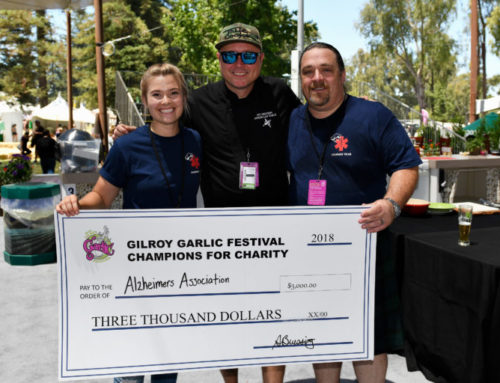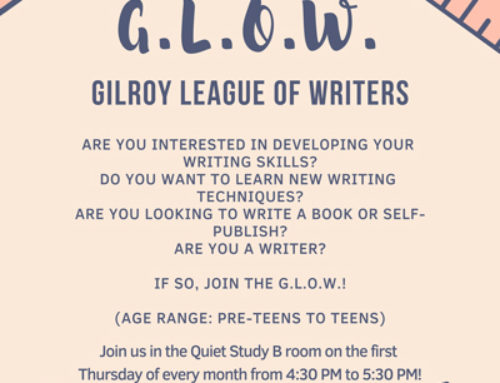Science fiction novel looks at the moral dilemmas between man and cyborgs
Published in the March 5- 18, 2014 issue of Morgan Hill Life
By Staff Report

Pepper will visit the BookSmart bookstore in downtown Morgan Hill to conduct an author talk from 2 to 4 p.m. Saturday March 8.
Morgan Hill Life asked Pepper about her novel and some of the themes about technology’s challenges on humanity that she presents in the story.
How did you come up with the idea of Jeremy Q. Taylor and the Cyborg in the Cellar?
I think there may be moral dilemmas in the future around robots, clones, cyborgs and synthetic beings. Will some be treated the same way as humans? Why? What is it that actually makes us human? Is it our DNA, or do we have something more … a soul, perhaps?
I wanted to write a book that explores what it means to be human. The book is set around 2035 in Gilroy. Our kids will probably face some interesting challenges around these questions.
Even though this is a kids book, you delve into some deep spiritual ideas about the soul. What are some of the ideas about spiritual reality that the book explores?
How would a soul make a difference to a cyborg’s personality, if he were given one after the fact? For instance, Addison, the cyborg, who is from Gilroy (along with Jeremy and his family), hated garlic, to begin with. After he gets a soul, a particular soul, I should say, he loves it. I’m not saying that those who don’t like garlic are soulless creatures, just that Addison is changed … his likes/dislikes are modified, once he receives his soul.
It is a soul that we know through the book — someone who passes, and comes back, because he loves Jeremy, the teen hero, and his family. So I explore the concept of an eternal aspect of self, and the possibility of reincarnation. In the book, love is eternal, forever.
What is your background as writer that helped you write your novel?
I’ve done tons of writing in my career in the fields of adult education and professional development. But I do love books, always have, especially those around spiritual concepts and ideas. I think kids are closer to God or “Source” than adults, and that they are deeper spiritually than we give them credit for. I wanted to address those ideas in a fun, adventuresome way for them.

I think that because we are in the southern reaches of Silicon Valley, we will get to use and explore all of the leading edge technologies that come from this area. We’ll have robots for sure, doing all kinds of various and sundry tasks for us, both at home and at work. I think we will have cyborgs as well, beings with different percentages of human and machine parts and cloned parts. It’ll be interesting, for sure. Also in the book we have hover-car races at a track next to the San Martin Airport. That area of technology needs to be developed. Why not have a hover-car race track there, I say.
The novel addresses the issue that technology is cool but sometimes young people get too attached to it and lose touch with their humanity. Why is this an important theme for you?
I see young people on their devices all the time, texting each other, playing Angry Birds, or online, looking at things that pique their interest. While this is all very cool, neat and fun, they may be missing out on life going on around them. Human relationships, for instance. Or things happening in the real world, as opposed to in their virtual one.Technology is fun, crazy fun. But there is more to life than the things you find on this cool technology.






